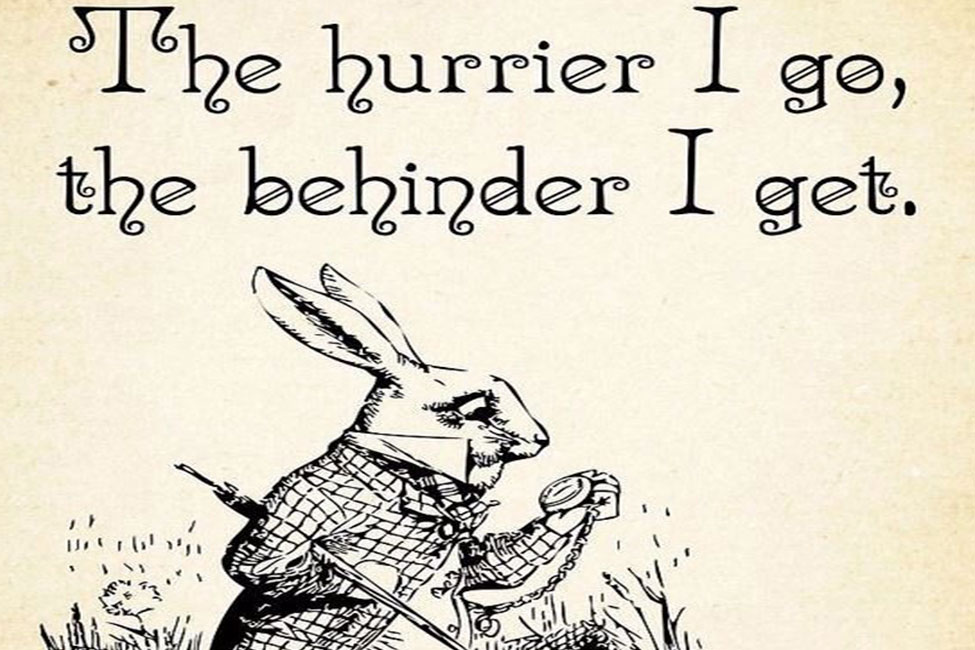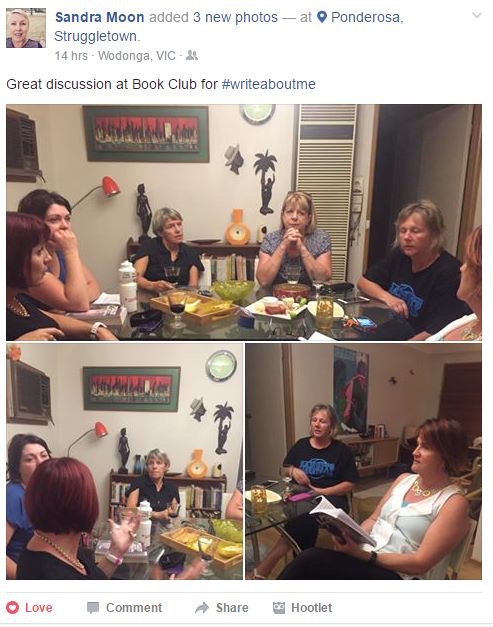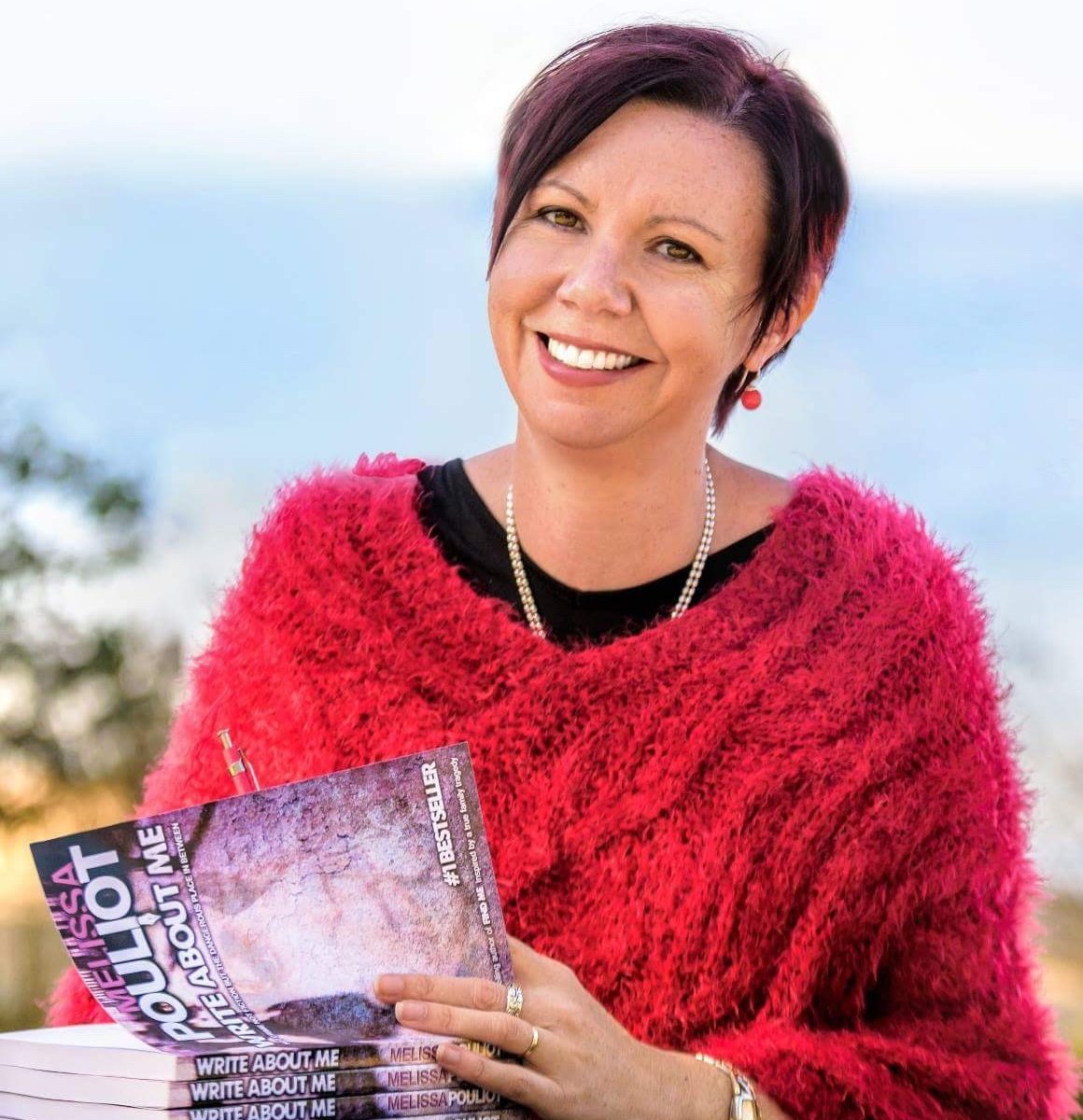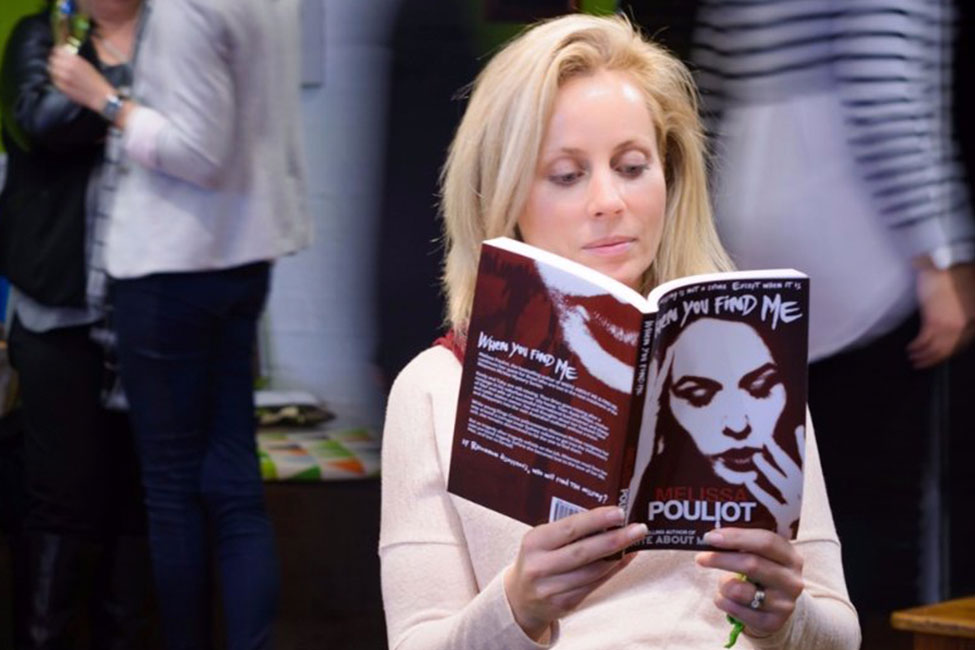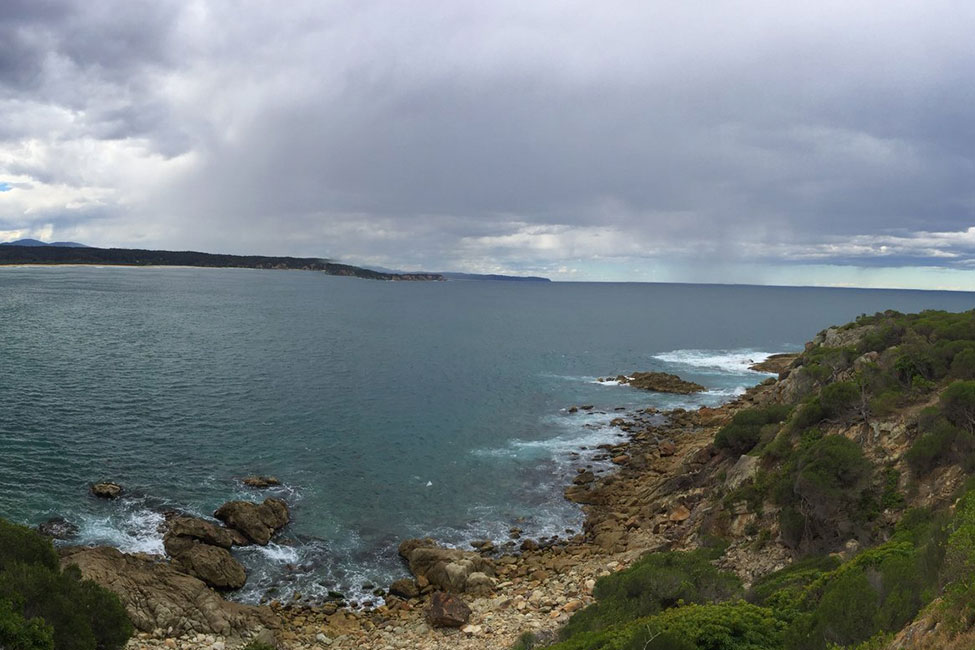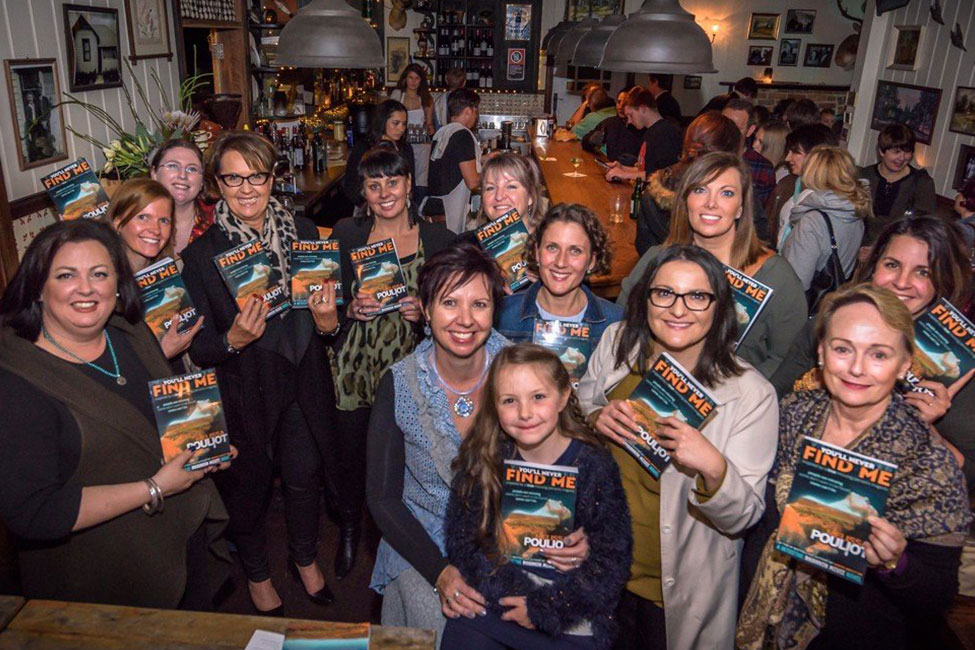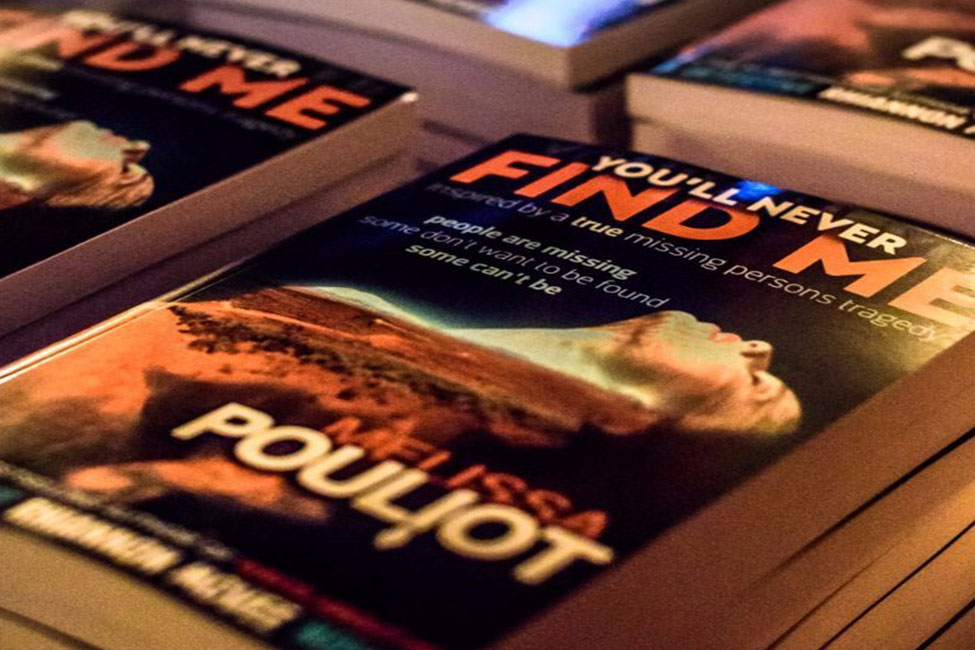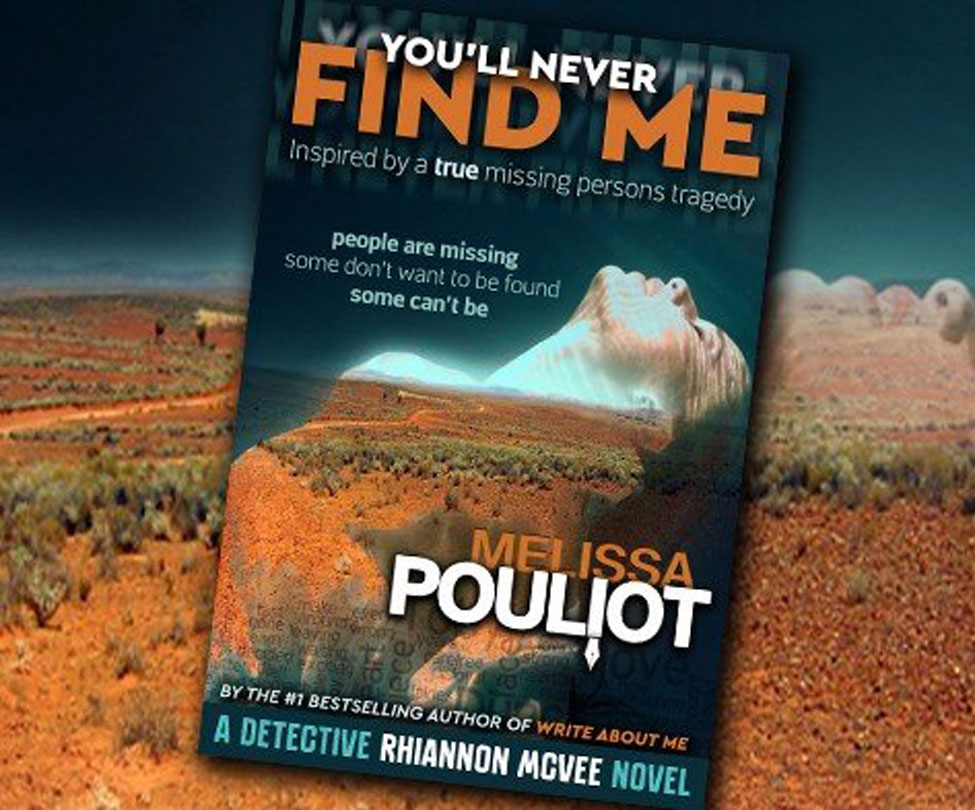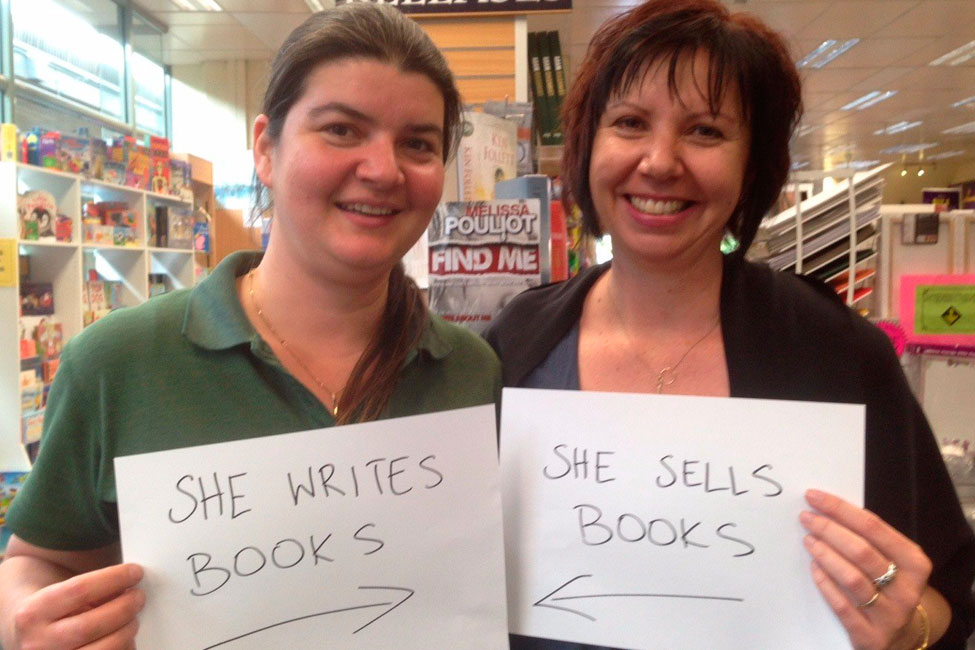Check out the Book Clubs page on this site for Reading Group Questions for all my books!
When I was in my late twenties a friend and I started a book club in the tiny rural Victoria town of Minyip, home of the television series The Flying Doctors and home of some very special people in my life. Nikki and I wanted to discover books that were not on bestseller lists, to challenge ourselves by reading books we would never consider purchasing in a bookshop, and to find books that didn’t follow a formula. Okay, we also wanted an excuse to get together and drink wine!
I have since moved away and our book club is no longer running, but many of us still keep in touch and remember the wonderful books we read and the robust discussions each book inspired. Although I had always wanted to be an author, I never imagined that one day book clubs just like mine would be reading and discussing my books.
It took a lot of courage for me to firstly write, then release to the world, my debut fiction novel Write About Me – inspired by the mystery surrounding the disappearance of my cousin Ursula in 1987. More than one hundred thousand people have read Write About Me since it’s 2013 release, and it has been the impetus for a fresh investigation into Ursula’s case. I’m so proud of this book, and of what it stands for. It has changed my life and the life of so many others.
On my never ending list of things to do when I became a published author was to put together a list of reader discussion questions for all my books, of which there are now four with a fifth underway. With the help of my book club friend Nikki, here is a list for Write About Me .
Kicking things off is what Nikki thought of my book.
“Just finished “Write About Me”!! Wow!! You had me from the first page! Couldn’t put it down. I was enthralled with the characters and the storyline! Please don’t stop writing, I’m now a huge fan as well as a friend!”
WRITE ABOUT ME synopsis
The year is 1988 and 16-year old Annabelle Brown from northern Queensland runs away from her family and friends for the bright lights of somewhere new. She ends up in Kings Cross in Sydney where her life takes some dark twists and turns. Endorsed by the Australian Federal Police, Write About Me is real and raw and will break your heart into a million pieces. Inspired by the author’s true family cold case mystery, Write About Me is a heart-wrenching story about a teenage runaway who doesn’t come home. Not crime, not fiction, but that dangerous place in between.
Discussion topics
- Missing persons – Has the book made the reader more aware of this important subject and created more empathy towards the missing and those missing them?
- Mental illness – Are we today more knowledgeable and compassionate towards those with mental illness or are we still just as ignorant and is the stigma still there?
- 80’s song references – Does this help to take the reader to the time and place in the book and invoke emotions/nostalgia? Are the lyrics of each song relevant to what is going on in each chapter?
- Sex workers – Has the book made the reader more sympathetic to how people find themselves in this line of work or do we continue to see these people as bad people, not people who have made bad choices?
- Sexual abuse of children – How far have we come in exposing and preventing this insidious crime?
- Drug use – Scarier now or when the book was set in the late 80s? With ice and other designer drugs now in use, are these drugs worse than what was around back then?
More Specific Questions for BookClubs
- The simple act of stealing her friend’s mail changes the course of Annabelle’s life dramatically, was this the beginning of the end for Annabelle’s future choices?
- There are many hints of what happened to Annabelle as a young child behind closed doors, although largely the adults in Annabelle’s life remain oblivious, how important is it to speak to our children about feeling safe and giving them skill to get themselves out of dangerous situations?
- Do you think Annabelle’s risk taking was learned or was she simply born this way?
- Big John and Lins rescued Annabelle and provided her with a safe haven, what could they have done differently which might have resulted in a different outcome?
- Bessie rescued Annabelle when she reached Kings Cross – was Annabelle fortunate or unfortunate that Bessie entered her life?
- Rhiannon McVee is quick to investigate Annabelle’s disappearance and appears to leave no stone un-turned. How is it that she was still unable to solve the case?
- What was your favourite storyline within the book and why?
- Did you understand who the characters of Anna and Belle were right from the start or did it take some time for you to realise who they were?
Q & A WITH THE AUTHOR
Q: Is the book fact or fiction?
A: This is a great question and I get asked all the time.
“The best lie is the one that has an element of truth, so it’s good to include something real in your fiction.” Renee Conoutly , Australian writer
I describe Write About Me as ‘not crime not fiction but that dangerous place inbetween’.
Athough inspired by my first cousin Ursula Barwick who disappeared after she boarded a train bound for Sydney in 1987, it is a fictional novel about a teenage runaway called Annabelle. What happens to Annabelle is pure fiction, not fact about Ursula. The readers of Write About Me know what happens to Annabelle and see her journey through her eyes. But sadly, none of us know what happened to Ursula after she reached Sydney.
When I published Write About Me I decided to share the story behind the story because I wanted people to know Ursula wasn’t just a two-dimensional face on a Missing Persons poster. But most of all I wanted the world to know what it’s like when families and friends, investigators, school teachers and friends of friends have to go on with their lives while their missing person remains missing. I was also hoping that somebody, somewhere might come forward and help our family find some sort of end point in regards to her disappearance.
The book resulted in NSW Police taking a fresh look at Ursula’s case, and although we haven’t found clear answers yet, it has given fresh hope to us and to other people in the same situation as ours. So the answer to the question is yes, Write About Me is fiction even though the characters and meaning behind every single word come from a very real place.
Q: One of your characters is a young policewoman named Rhiannon McVee. Who is Rhiannon McVee?
A: A twenty-something girl from the Australian outback with her eyes set firmly on being a detective. Her career starts in the late 80s at Kings Cross Police Station, amongst a dominant male police force who see so many people go missing that one missing person just blends in with the next. But Rhiannon’s no pushover, and doesn’t take no for an answer when she’s on a case. Off the job Rhiannon is like any normal girl in her twenties, she loves to party, she loves her family and she loves her cowboy who waits patiently for her to return to her outback home. Rhiannon McVee is also the detective I have created as my own fairy godmother, who I wish was in our lives in 1987. It’s people like Detective Rhiannon McVee who make our lives better and help us find our missing loved ones. And when we do, she’s there to help us pick up the pieces.
Q: How difficult is it to fictionalise what you have experienced in real life?
A: Fictionalising a real life experience the way I have, gives me some distance and allows me to explore the experiences of others. All my characters have something important to say about missing persons. For example, one of my favourite characters is Rhiannon McVee. I’m so captivated by her I’ve created a detective crime mystery series in her honour. Through her experiences and those of the people she’s looking for, I’m able to convey the issues and feelings that surround missing people. Rather than get dragged down by my own experiences missing Ursula, writing fiction helps me channel my energy into a reinvigorated search for answers. Through my books I am giving a voice to Ursula, and to all of those who are missing.
Q: Your books are drawn to two distinct places – Kings Cross and the Australian outback. Can you explain the significance of location for a writer?
A: Location is extremely important when you are piecing your story together. While I write I see the scenes play out in my mind like a movie, and location plays such an important part. Both Kings Cross and the Australian outback have a real sense of mystery about them. They’re intriguing and although vastly different, evoke similar feelings for the reader. The outback is such an isolated and lonely place, and with that comes a sense of foreboding and danger. Kings Cross is so small size-wise compared to the outback and it’s busy and hectic and noisy, but has the same sense of foreboding and danger. I love moving from one space to the next in my books, as both provide dramatic backgrounds for my characters.

